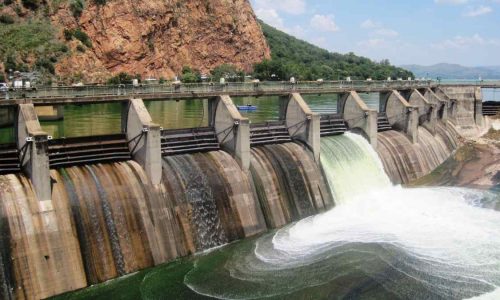State-owned company PT Brantas Energi is developing four mini-hydropower plants and one solar power plant in four locations in Indonesia.
Parent company PT Brantas Abipraya established Brantas Energi in December 12, 2011, to fulfill its commitment to developing renewable energy.
Brantas Energi Director of Finance, Human Resource and Risk Management, Tumpang Muhammad, explained that the construction of the mini-hydropower plants were in, among others, Batanghari, West Sumatra, with a capacity of 5.10 MW (megaWatts); the Titab plant in Bali with a total of 1.27 MW; and the Pandanduri mini-hydro power plant in West Nusa Tenggara with 0.58 MW.
Muhammad said the company has formed a strategic partnership with financial institutions such as state-owned enterprise PT Sarana Multi Infrastruktur (SMI), PT Indonesia Infrastructure Finance (IIF), PT Bank Syariah Indonesia (BSI) and one of state-owned largest lenders Bank Mandiri to ensure the development of the power plant is carried out effectively.
“We hope Brantas Energi will continue to play a significant role in supporting the Nawacita program of President Joko Widodo for power infrastructure development, following our slogan ‘Eco Responsible’. We will continue to add our capacity and performance to the company by emphasizing environmental protection in every activity,” he said in a statement dated June 13, 2022.
Nawacita is Widodo’s nine-point campaign promise during the 2014 general elections.
Currently, Brantas Energi is developing and operating the mini-hydropower plant Padang Guci-1 with a capacity of 6 MW, as well as the mini-hydropower plant Padang Guci-2 with a total of 7 MW in Bengkulu. It also operates the Sako-1 mini-hydro plant in West Sumatra with 6 MW capacity, Maiting Hulu-2 mini-hydropower plant in South Sulawesi with 8 MW capacity and Gorontalo solar power plant with 2 MW capacity.
Brantas Energi is also in negotiations with state electricity company PT PLN for the Poigar-2 hydropower plant with a capacity of 30 MW. The company developed the 7.8 MW solar power plant Totabuan in collaboration with Indonesia Power. Both power plants are located in North Sulawesi.









